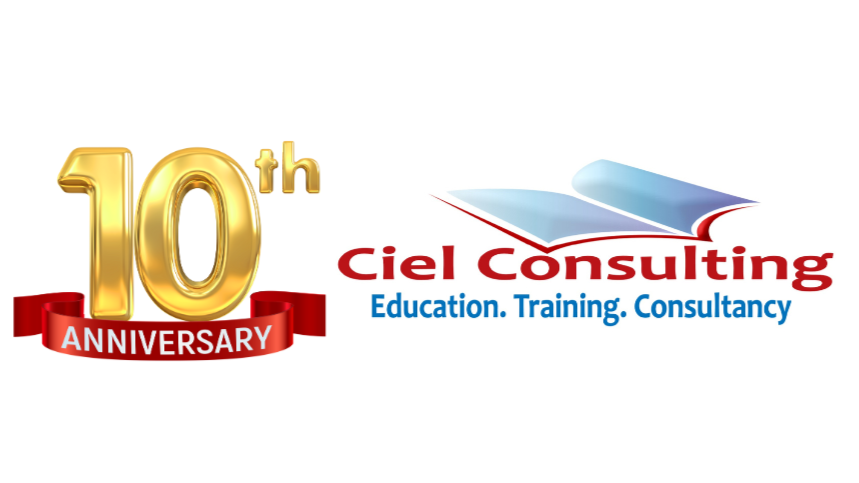What are the Differentiating Benefits of Getting Professionally Certified?
There are very noticeable differences between a certified and non-certified individuals that provide them marked advantages over their peers in the course of their careers. These major differences are highlighted by processes by which organizations decide what candidates to pick or reject during competitive selection procedures – e.g. recruitment, promotions, selection for overseas trips, or decision to fire during recessionary downtrends.
Some of these major differences are:
1. Increase in Income: A major reason why most people choose to be certified is the potential for income increase that comes with a professional certification. When compared against non-certified professionals, certified professionals are compensated about 20% percent more! It also increases one’s potential for positional upgrades to handle higher positions and manage more critical tasks.
2. Differentiation! And this difference isn’t a small one. When a candidate appears before a job panel or is evaluated for some crucial career advantage, organization decision makers always seek “the differentiator” – let’s call it “the tie-breaker”. That one thing that separates or differentiates one individual from the other. Your professional certification is one of the things that is considered during that critical moment.
3. Networking Advantages: Certified professionals have more beneficial and relevant networks that helps them navigate through the sometimes murky waters of the career and professional environment. These professional networks help you set career goals, provide guidance and valuable networking opportunities, which would not be available to non-certified professionals.
4. Confidence Boost: Imagine being in a room where you “suspect” there must be at least one professional certificate holder – and you know you have none. And you know you’ll be vying with these people for a competitive advantage. You can image how this “feeling” would impact your confidence. You want to be confident and stand tall, flush in the knowledge that you have well-polished skills, are a certified professional, and have a plan.
5. Technical Competence: Imagine having the tools to complete tasks efficiently and cost effectively, in ways that you would never be able to do if you weren’t professionally certified. For a good measure, I remember telling a friend that successfully completing a project is all about effectively managing the 49 project management processes effectively. In all humility, I know all 49 of these processes without having to consult the books – it reduces any chance of my projects slipping through the cracks, because I missed or forgot something. Do it for yourself. Do it for your job. Do it for your future.
Some Valuable Certifications You Can Take, Include:
1. Project Management Certification (PMP)
2. Business Analysis (CCBA/CBAP)
3. Human Resources Management (PHRI/SPHRI)
4. Health, Safety and the Environment (WSO, NEBOSH)
5. Office and Facilities Management (IFMA)
6. Many others (Agile, Logistics and Supply Chain Mgt., e.t.c.)
Helpful Numbers: 08072678355 and 08091592389.


